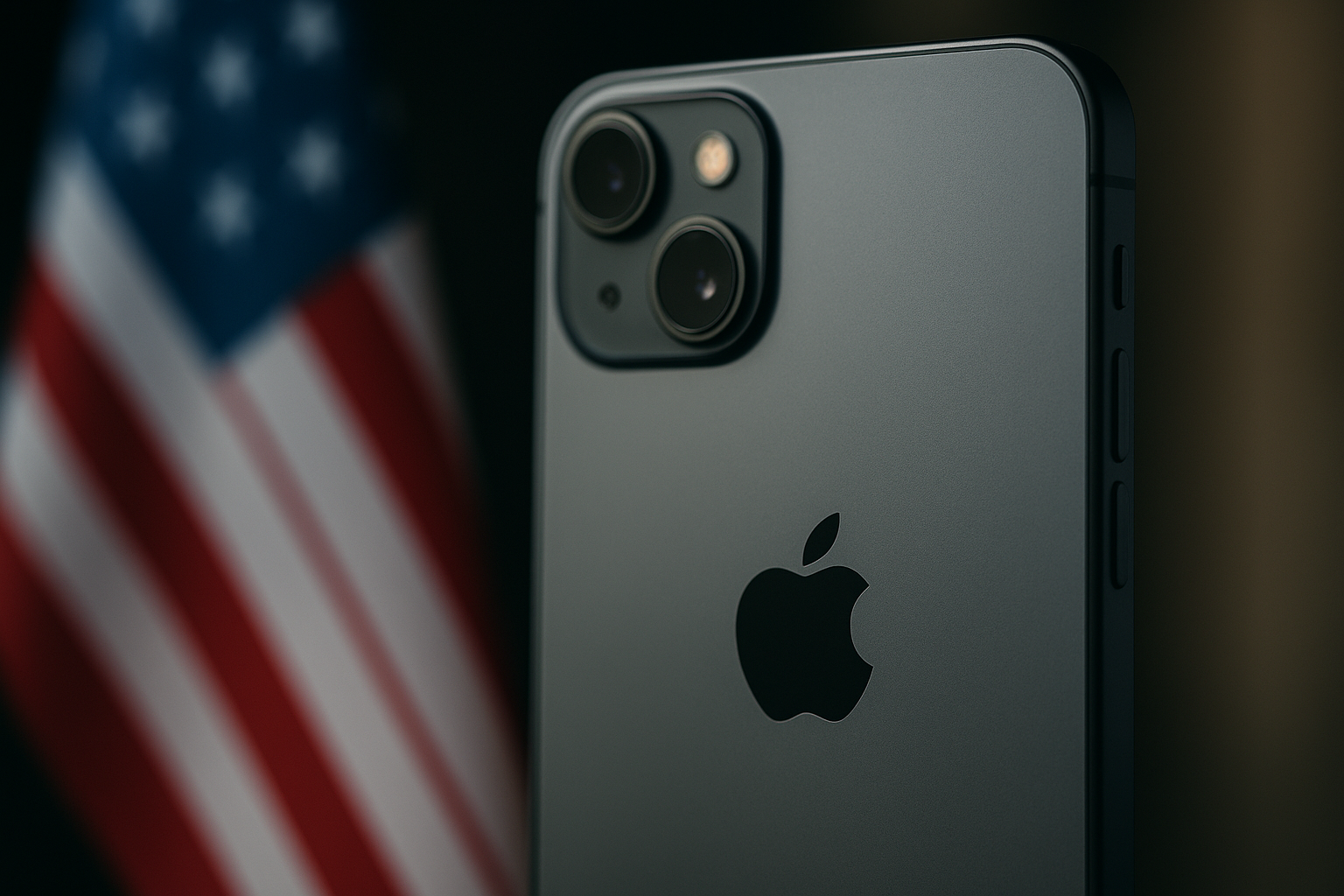The United Kingdom has reportedly abandoned plans to force Apple to weaken its encryption protections by enabling a backdoor that could grant access to protected data, including information tied to American citizens. The move comes amid ongoing tensions over how authorities should access encrypted content while safeguarding civil liberties.
In a statement posted on X, U.S. Director of National Intelligence Tulsi Gabbard said Washington had been coordinating with international partners to ensure Americans’ civil liberties remain protected as the U.K. dropped its mandate for a backdoor that would have allowed blanket access to encrypted data.
The dispute traces back to a January 2025 technical capability notice issued by the U.K. Home Office under the Investigatory Powers Act, which critics warned could create a backdoor that cybercriminals or authoritarian regimes might exploit to access end-to-end encrypted cloud data. Apple defended the integrity of its encryption, stressing that it has never built a backdoor or master key and never will.
Apple had previously warned that limiting encryption would undermine customer privacy, a stance it reiterated after it halted its Advanced Data Protection (ADP) feature for iCloud in the U.K. earlier this year following government demands for access. The company later appealed the legality of the order, while the Investigatory Powers Tribunal (IPT) denied the Home Office’s attempt to keep the case secret.
Further reactions from the technology sector highlighted a broader split over access to encrypted data. Google told TechCrunch that it had not received any U.K. request to weaken encryption protections, and a letter to Gabbard from Senator Ron Wyden cited Meta’s denial of any similar orders to backdoor encrypted services.

